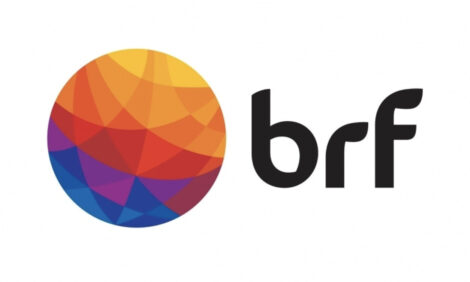



Salmonella QA threat scrapped and three-tier system zapped
UK - Radical changes to the way ZAP2, the pig industry's salmonella control programme, have been agreed in principle by BPEX, says the National Pig Association. The three-level herd grading system has been scrapped, and the harsh threats to expel problem herds from their farm assurance schemes has also been ousted.
The ZAP scheme will now grade herds under two categories – above or below the national average for salmonella incidence in pigs. BPEX is also proposing the national target be moved from farms to carcases in abattoirs.
However, NPA says that before the changes can go ahead BPEX must get approval from DEFRA. The reason: ZAP2 will represent Britain’s formal response to new European Commission salmonella reduction requirements.
“We need to measure where risk is greatest and if the risk is to consumers then we need to measure salmonella as far down the chain as possible,” said BPEX chief executive Mick Sloyan.
He said that focusing on the slaughter part of the chain will also mean that in future the salmonella results already being collected by abattoirs will have to be communicated to the Food Standards Agency. One effect of doing this will be to extend the scheme beyond just assured abattoirs. Elisa sampling would continue,but would be reduced to three times a year.
Mr Sloyan said that here is some way to go before the new proposals can be introduced and BPEX will be discussing its plans with all abattoirs.
Producers who are currently stuck in levels two or three will be pleased to have the threat of expulsion from their assurance scheme quashed. Even so, herds that fall into the below-national-average category will have to demonstrate that they are making genuine attempts to rectify high salmonella levels. Without this commitment their assurance scheme might, in due course, record a non-compliance.
“The key thing to remember is that at the moment someone could be thrown out of their assurance scheme because of high salmonella levels. Under the new system that heavy-handed threat to people’s livelihoods will disappear as long as farms in the below-average category show they are making an effort,” said Mick Sloyan.
BPEX says that research into the most effective interventions to reduce salmonella levels are on-going. The Executive is now completing the finer details of its proposals to ensure practices are workable and comply with forthcoming EU legislation. It is hopes the new ZAP2 programme, with acceptance from DEFRA, will be introduced early next year and be suitable to form a National Control Plan.
However, NPA says that before the changes can go ahead BPEX must get approval from DEFRA. The reason: ZAP2 will represent Britain’s formal response to new European Commission salmonella reduction requirements.
“We need to measure where risk is greatest and if the risk is to consumers then we need to measure salmonella as far down the chain as possible,” said BPEX chief executive Mick Sloyan.
He said that focusing on the slaughter part of the chain will also mean that in future the salmonella results already being collected by abattoirs will have to be communicated to the Food Standards Agency. One effect of doing this will be to extend the scheme beyond just assured abattoirs. Elisa sampling would continue,but would be reduced to three times a year.
Mr Sloyan said that here is some way to go before the new proposals can be introduced and BPEX will be discussing its plans with all abattoirs.
Producers who are currently stuck in levels two or three will be pleased to have the threat of expulsion from their assurance scheme quashed. Even so, herds that fall into the below-national-average category will have to demonstrate that they are making genuine attempts to rectify high salmonella levels. Without this commitment their assurance scheme might, in due course, record a non-compliance.
“The key thing to remember is that at the moment someone could be thrown out of their assurance scheme because of high salmonella levels. Under the new system that heavy-handed threat to people’s livelihoods will disappear as long as farms in the below-average category show they are making an effort,” said Mick Sloyan.
BPEX says that research into the most effective interventions to reduce salmonella levels are on-going. The Executive is now completing the finer details of its proposals to ensure practices are workable and comply with forthcoming EU legislation. It is hopes the new ZAP2 programme, with acceptance from DEFRA, will be introduced early next year and be suitable to form a National Control Plan.








